Could the skincare heavyweight, retinol, be as good for your scalp as it is your skin? I was skeptical. Thinking this trend will start and end with TikTok. But after sitting down with Dermatologist and Founder of ODE Dermatology, Dr Shammi Theesan, I’ve changed my mind.
A retinol refresher!
“Retinol, a derivative of vitamin a, has long been celebrated for its remarkable effects on the skin. Its topical application promotes skin cell turnover and collagen production, making it a powerful ingredient in anti-ageing and acne-fighting skincare products.”
How does retinol for the face differ from retinol for the scalp?
“Scalp retinol products differ from face retinol products in their formulations and intended use. Scalp retinol products typically have lower concentrations of retinol to minimise scalp sensitivity. They may also contain additional ingredients specifically targeted for scalp health and come in lightweight formulations for easy application on the scalp without weighing down the hair. Also, there are more studies around retinol used for skincare so the limits are pushed with confidence in that arena.”
Why is everyone talking about applying retinol to the scalp?
“Recent research and emerging theories suggest that retinol may also hold promise in promoting hair growth and improving overall scalp health. Retinol's ability to stimulate skin cell turnover and increase collagen production may potentially create a healthier environment for hair follicles to thrive. And by encouraging cell renewal, retinol could promote a more robust and vibrant scalp, which, in turn, may support better hair growth and a prolonged growth cycle for the follicle.
Another consideration; since retinol has been shown to improve blood circulation, it might enhance the delivery of essential nutrients and oxygen to the scalp and hair follicles. Again, creating a more conducive environment for hair growth.
When it comes to addressing hair loss, some early research indicates that retinol may be helpful. By promoting cell turnover and collagen production, retinol could contribute to the regeneration of hair follicles and potentially slow down hair thinning or loss. (However, hair loss can have various underlying causes, and retinol may not be the sole solution for everyone, a diagnosis is more effective prior to treatment with at-home remedies.)”
What types of scalps should be investing in retinol treatments?
“Retinol treatments can be considered for individuals with various scalp concerns, including itchiness, flakiness, and excess oiliness. But it is important to know the skin on your head is much more sensitive than the skin on your face.
For those experiencing itchiness on the scalp, retinol's ability to stimulate skin cell turnover and promote a healthier scalp environment may help alleviate discomfort and reduce irritation.
Individuals with flaky scalps may also find retinol treatments beneficial. By encouraging cell renewal and exfoliation, retinol can potentially address the underlying factors contributing to flakiness and promote a smoother, more balanced scalp.
And on the (excessive) oiliness front, retinol's exfoliating properties can help to unclog hair follicles and reduce sebum production, leading to a less oily scalp with time and continued use.”
Is there anything to know before I give it a try?
If you choose to use retinol on the scalp, it is essential to exercise caution. Here are my top tips:
- Choose a Suitable Product: Look for a retinol product specifically formulated for the scalp, which may have lower concentrations or additional ingredients to reduce irritation.
- Dilute the Retinol: Consider diluting the retinol product with a neutral carrier oil like jojoba or coconut oil to decrease its strength and potential for irritation.
- Patch Testing: Before applying retinol to the entire scalp, perform a patch test on a small area to check for adverse reactions or sensitivity.
- Apply Sparingly: If the patch test is successful, use only a small amount of diluted retinol and apply it sparingly to the affected areas of the scalp while avoiding contact with the hair (as best you can).
- Limit Frequency: Use the retinol treatment sparingly and infrequently to reduce the risk of irritation and dryness on the scalp. Too much too soon could cause serious discomfort.
- Follow with Scalp Care: After applying retinol, use a hydrating shampoo and conditioner for maximum nourishment.
- Monitor Your Scalp: If redness, itching, or adverse reactions occur, discontinue use and consider consulting your dermatologist.
While TikTok serves as an entertaining platform with educational content, it is essential to approach health-related "hacks" with caution. Not all creators are experts, and the effectiveness of their remedies may vary. For matters concerning health and wellbeing, seeking guidance from qualified healthcare professionals remains indispensable.”
Hair ‘bout that! (Ignore us…)


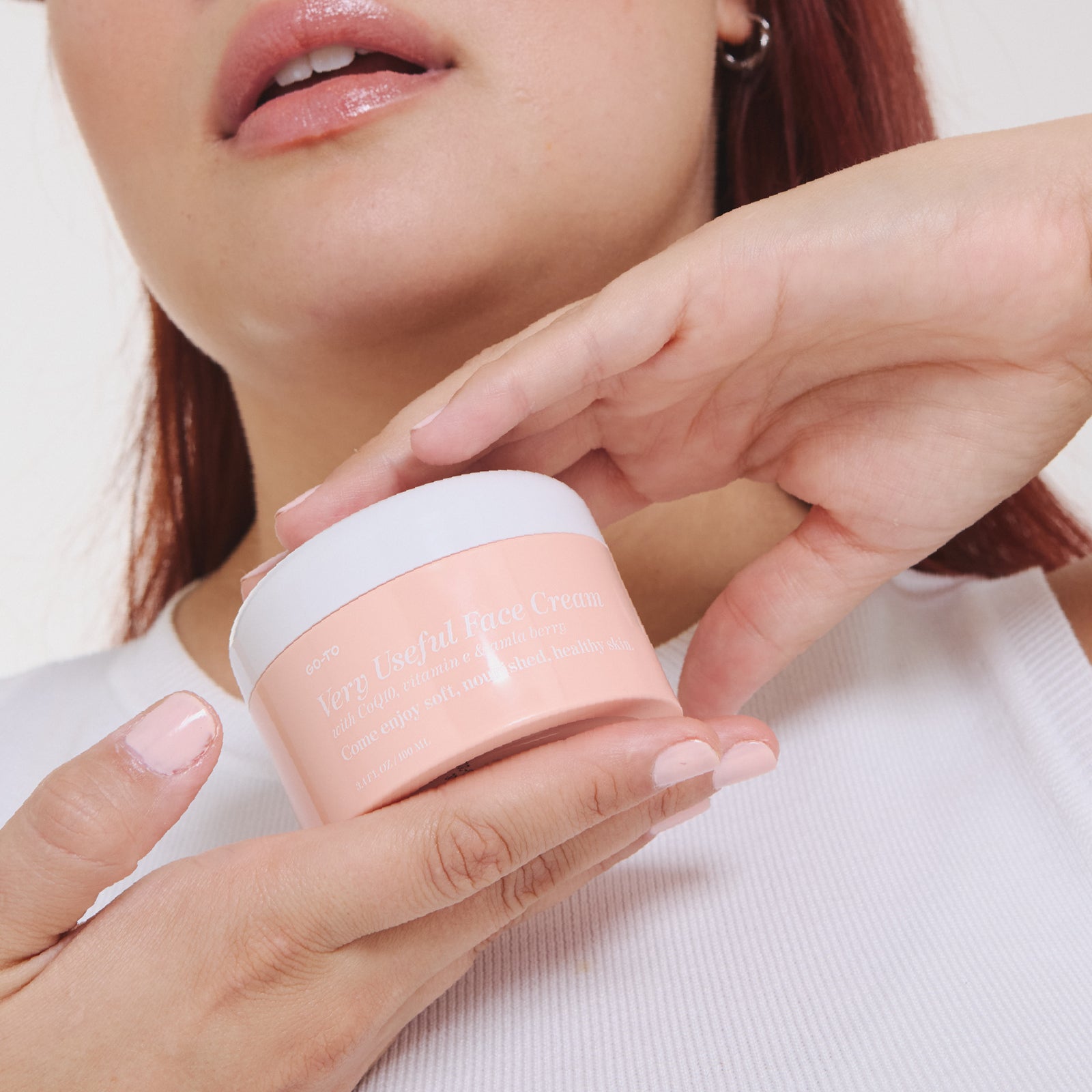

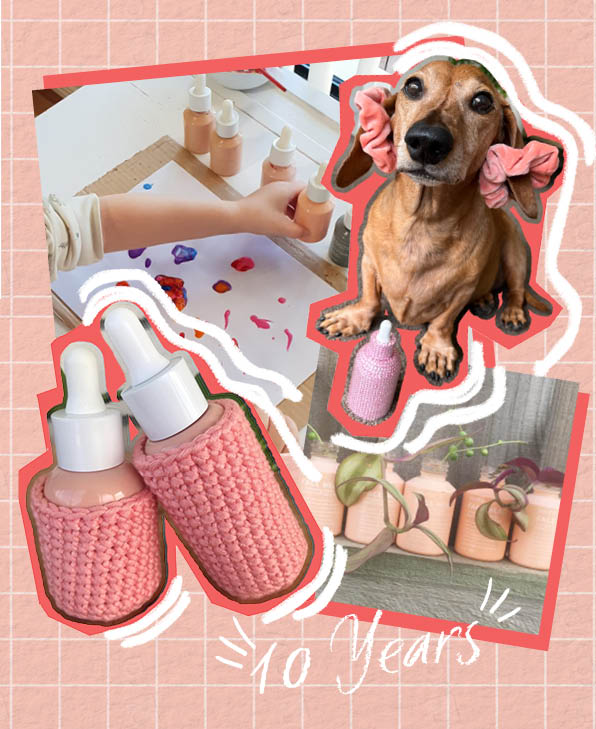

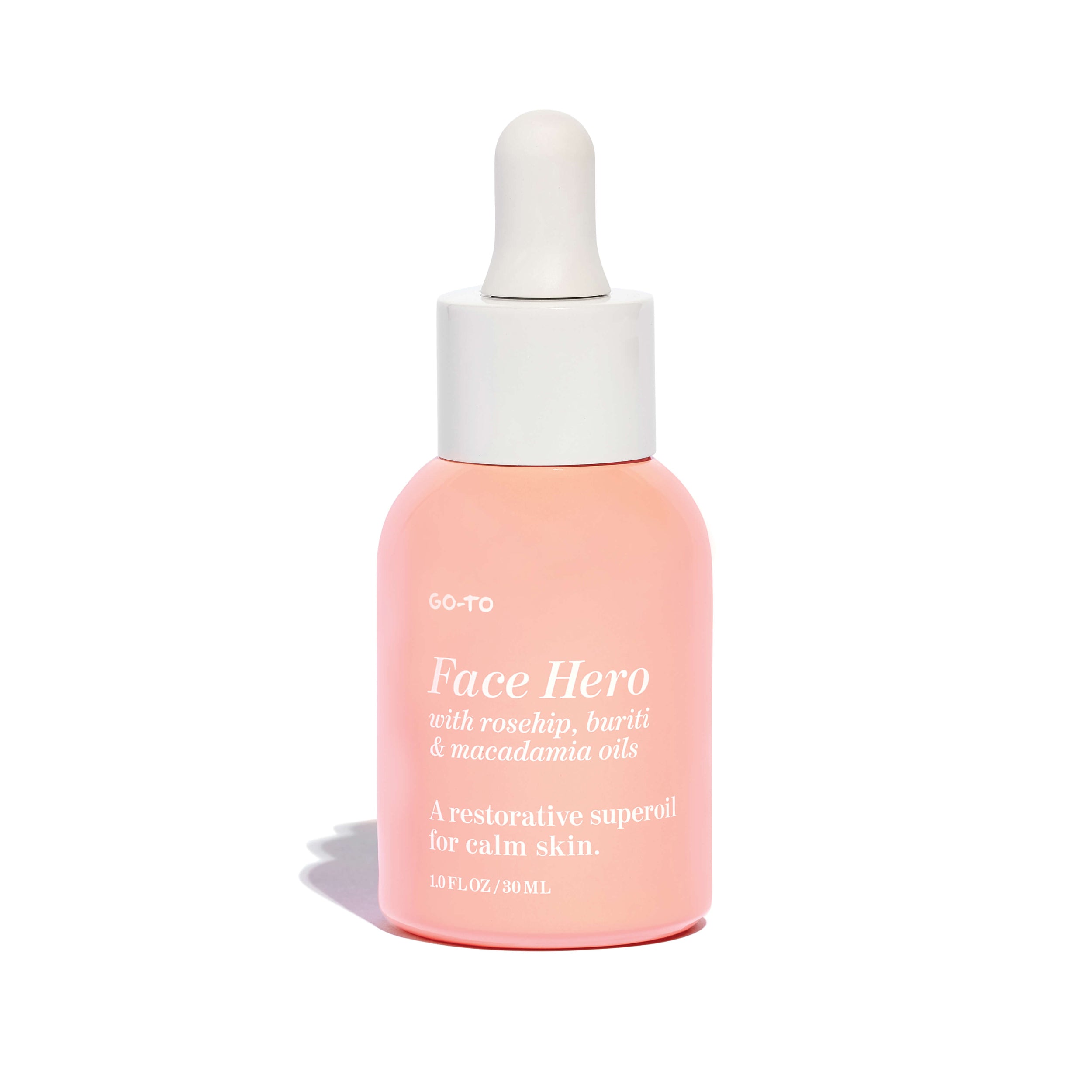
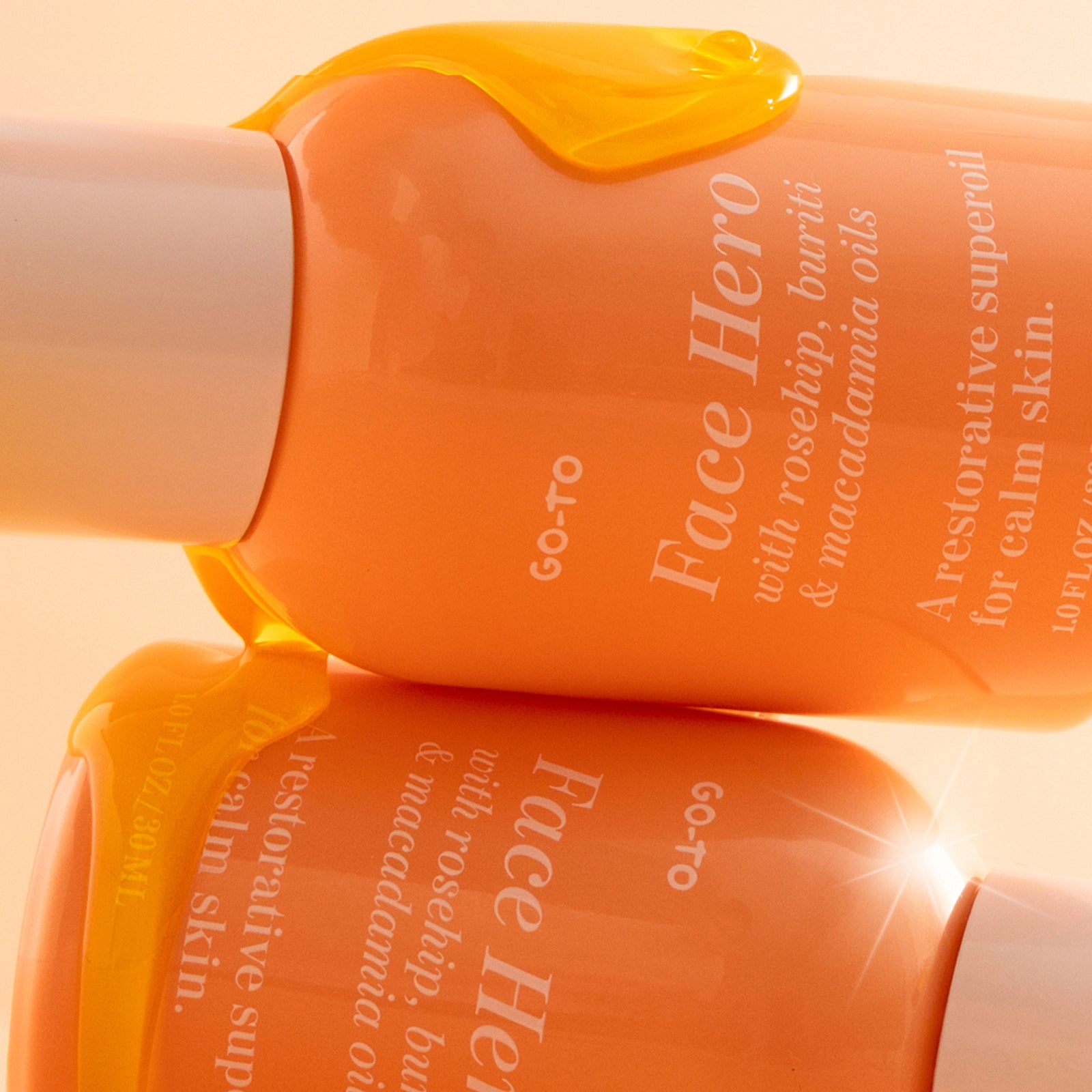
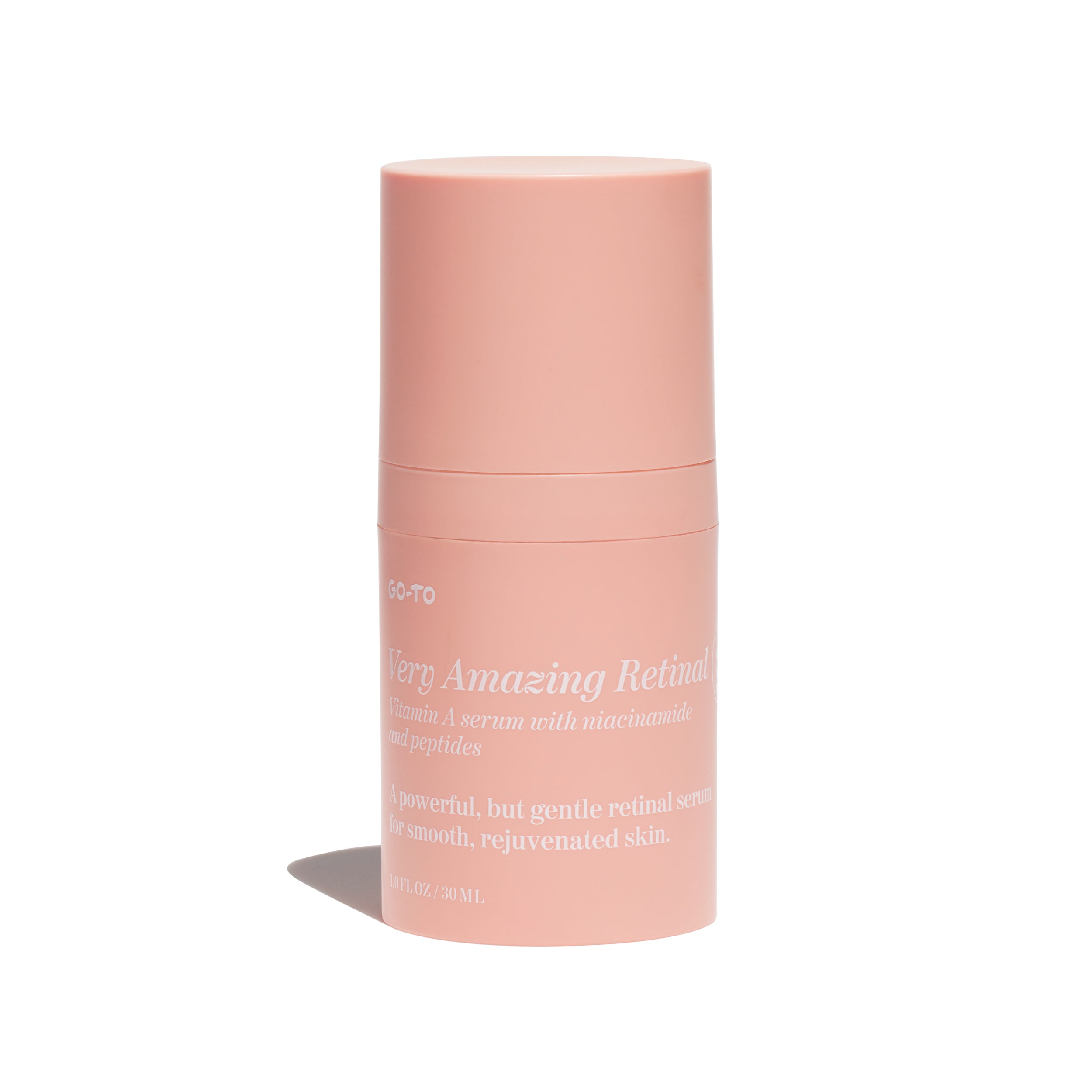
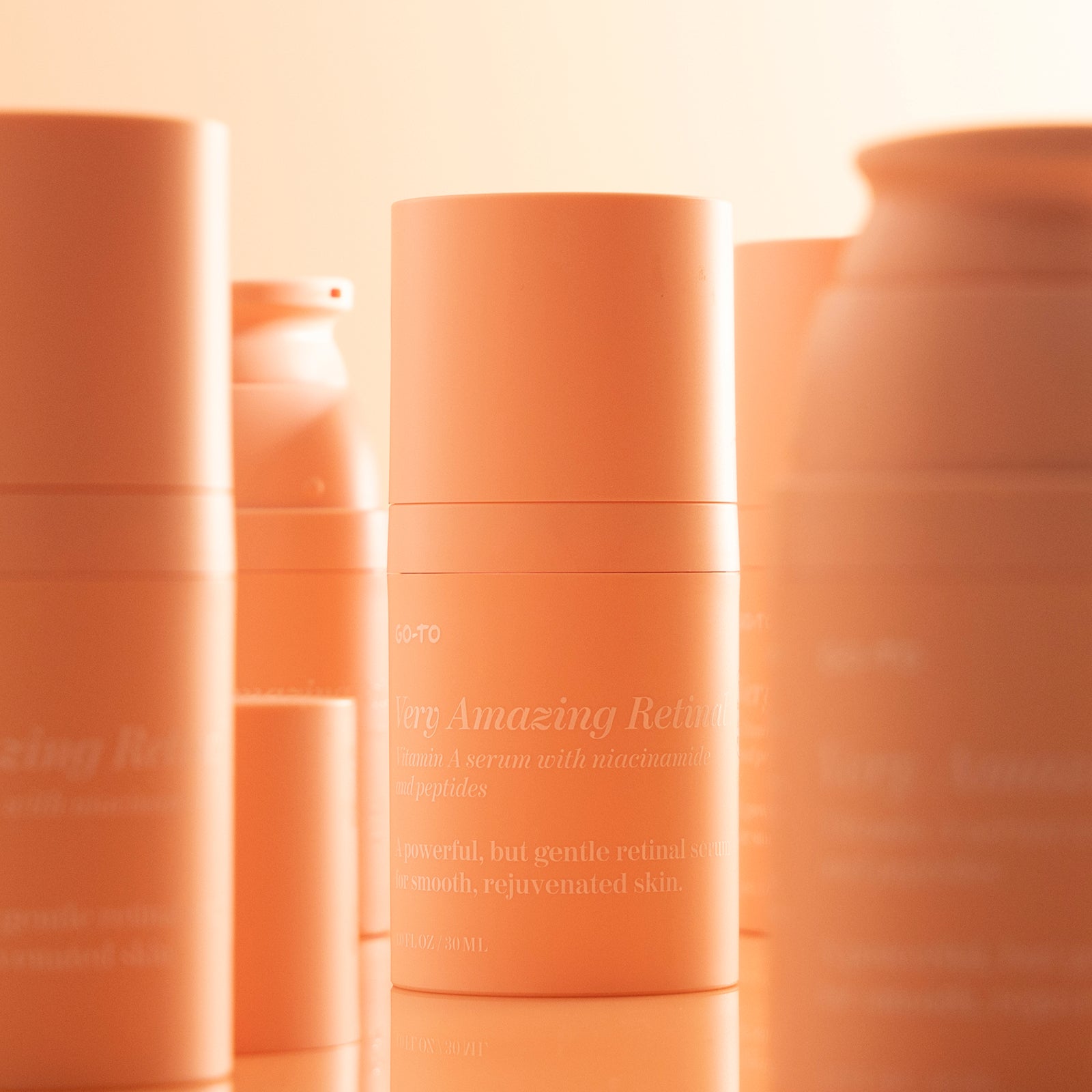
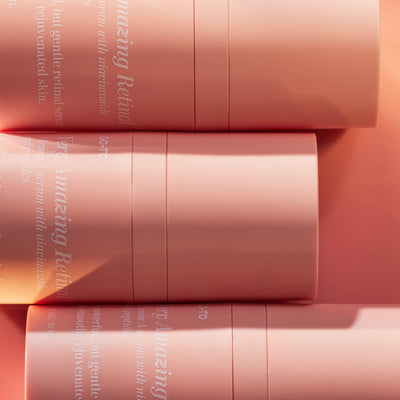
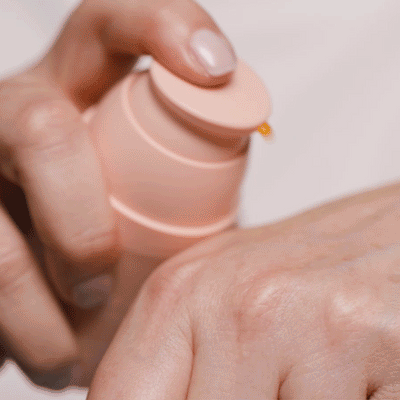


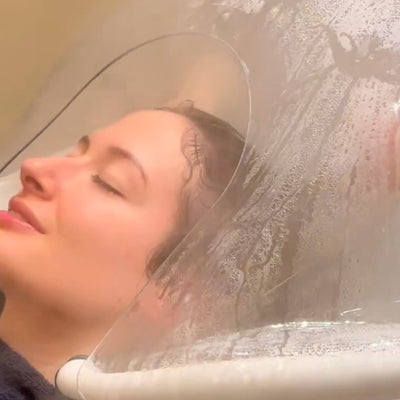
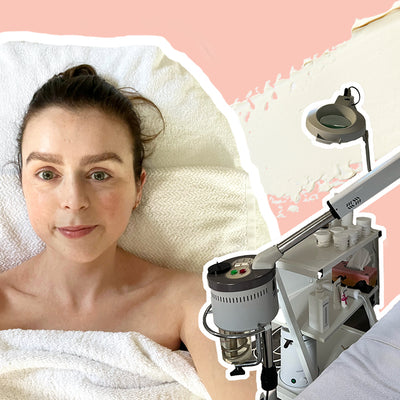
Comments